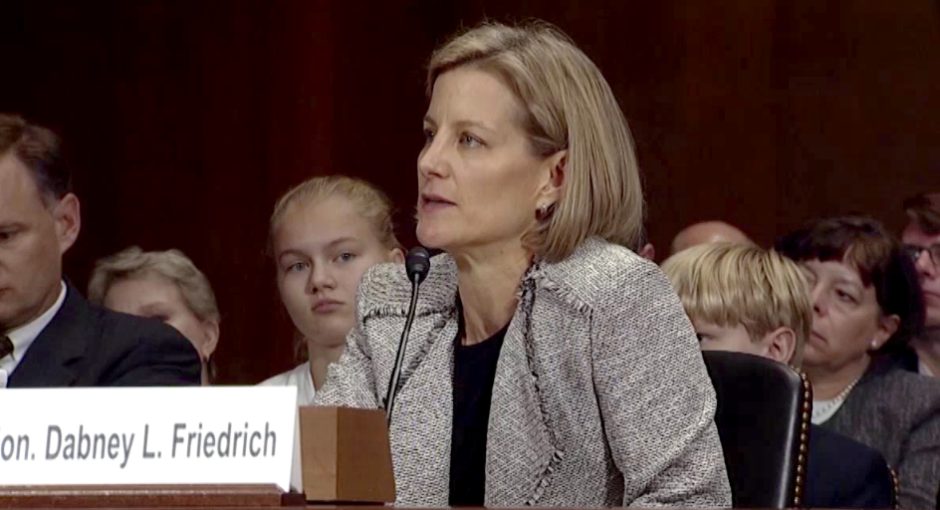Pharmaceutical Research and Manufacturers of America and drug maker Johnson & Johnson each filed a friend of the court brief in June backing Novartis and United Therapeutics in those two companies’ appeals of a federal district judge’s November decision that while the 340B statute does not stop manufacturers from imposing any conditions on offers of 340B pricing, the statute does not permit all such conditions.
J&J in March imposed conditions on 340B pricing on 29 of its products when hospitals use contract pharmacies. HRSA has not sent it a 340B program violation letter yet but is expected to.
“Today’s 340B program does not resemble the one Congress created thirty years ago,” PhRMA said in its brief. “Established to reduce pharmaceutical costs for safety-net facilities and the vulnerable populations they serve, the program has mutated into a profit generator for commercial pharmacies and others, which have developed increasingly creative mechanisms to wring from the program as much money as possible.”
“While these contract pharmacy arrangements proliferate, patients receive little (or no) benefit,” PhRMA continued. “Contract pharmacies and their affiliates are swallowing up cost savings from the 340B program as corporate profits instead of helping patients. Indeed, contract pharmacies routinely charge 340B-eligible patients full price for their supposedly ‘discounted’ medications. Those profits are not being invested in reducing drug costs or increasing charity care, levels of which remain dismal.”
“Spurred by these abuses,” Novartis, UT, and other manufacturers “have crafted reasonable policies to enhance program integrity while fully complying with their statutory obligation to offer discounted drugs to covered entities,” PhRMA said. U.S. District Judge Dabney Friedrich’s opinion should be affirmed, it said.
J&J in its brief disputed the government’s assertion that contract pharmacies have been used since the 340B program’s inception.
“It was only after the 340B statute had been passed and was already implemented that a few covered entities and HRSA developed the concept of contract pharmacies in a concerted effort to expand the 340B program beyond its original, narrow purpose,” J&J said. “HRSA and covered entities then, over a period of 20 years, broadly expanded even that concept—all without any statutory basis.”
“Given the broken nature of HRSA’s program oversight,” Friedrich was right to hold that the 340B statute “does not prohibit manufacturers from imposing reasonable non-price conditions on their 340B price offers,” J&J said. “Conditions, like limited claims data requirements, further the statutory purposes of controlling duplicate discounts and diversion, while providing covered entities with an opportunity to engage an unlimited number of contract pharmacies.”
The government and covered entity groups’ arguments that manufacturers’ conditions on 340B pricing harm patients “are belied by the broad access offered under a claims data policy,” it said. “The data requested is readily available, and is required widely in the 340B program and throughout the entire health care system.”


